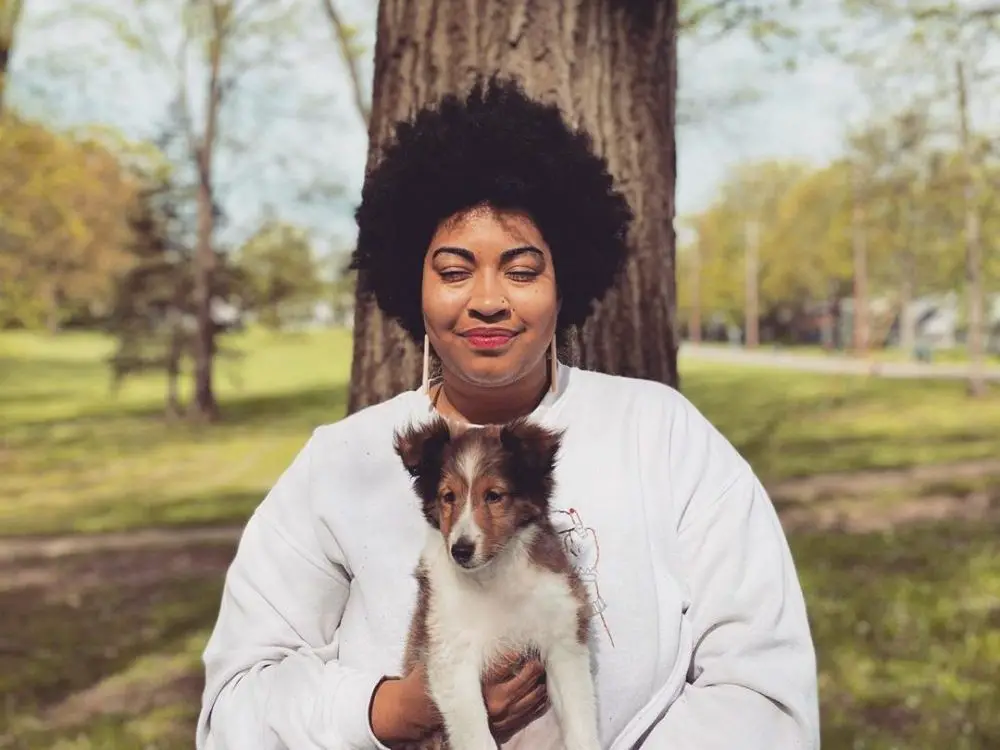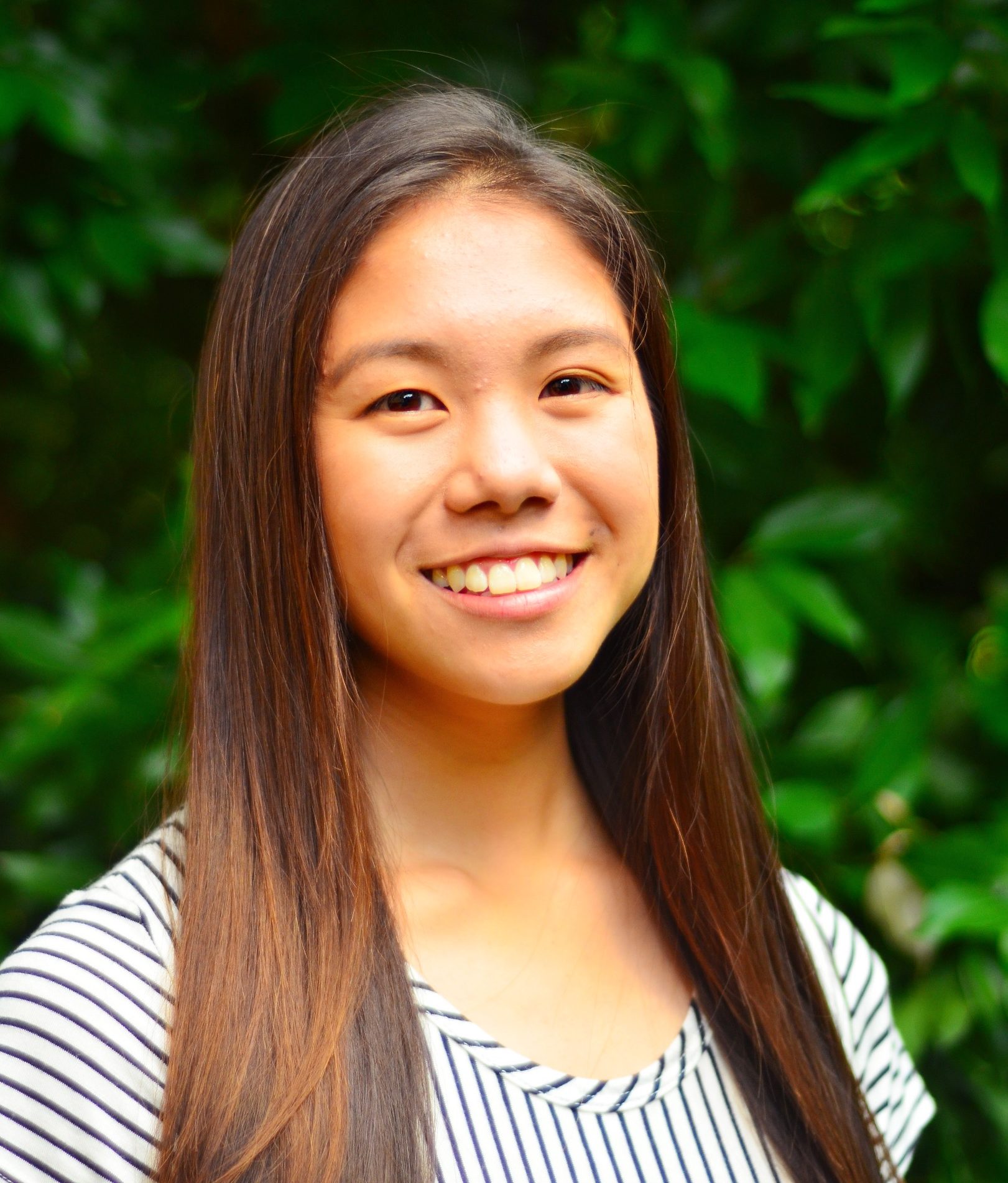When I first stumbled across Rachel Cargle’s page on Instagram, I was so repulsed that I clicked off after 30 seconds of browsing. I wouldn’t be surprised if her content inspires the same guttural reaction in most people the first time around. But after a breather, a mix of curiosity and conviction brought me back. I’ve been following her ever since.
She is one of those people who tells it like it is. It’s unnerving at first — and at the same time, irresistibly magnetic. Don’t believe me? Just ask her 1.4 million new followers since May.
Cargle is a leading Black activist, educator and academic who uses social media (among other outlets, like public lectures and online resource platforms) to bring a range of critical race theory concepts to the public, from Black exhaustion to white guilt. With each post, she presents an unfiltered exposé of persisting white supremacy and racist ideology in current events and everyday interactions.
Cargle’s posts feature everything from her daily experiences of inequality at a hair salon to commentary on the intersectional connection between feminism and the Black power movement.
Decentering White Fragility
Perhaps most unique is the popular series that she (cheekily) calls Saturday School, in which she features a critical comment from a reader and then dissects it to expose all the harmful assumptions it contains.
She calls it race discussion mapping. By breaking down the main points in other people’s reactions to expose their racist roots, Cargle trains her viewers to do the same identifying work in their conversations with others.
For instance, Cargle received a comment from one well-meaning woman asking her to “go easy on people trying their best.” But Cargle pointed out that this comment only served to “curb accountability” for the white community and shift the focus off of the white supremacy that was killing Black people.
Cargle requires people to mind their words and respond in a way that’s productive and doesn’t undermine the issues at hand. In another post, she stressed that white people must take care to not magnify their own reactions over the truths that have been shared.
When another commenter defended the woman’s hurtful comments, saying that “her intentions don’t seem to be malicious,” Cargle responded that good intentions don’t negate or outweigh harmful impact. “If you accidentally step on someone’s foot, you don’t ever say ‘Oh stop crying that wasn’t my intention,'” Cargle wrote. “You apologize, acknowledge the pain you caused and exist more carefully and intentionally.”
https://www.instagram.com/p/CBX7PQjnECm/
On the surface, it can seem like she’s just a stickler for semantics. I couldn’t help but wonder why she cares so much about correcting people’s words. But more consideration will reveal that she’s actually getting at the premises behind the statements.
Cargle’s work is grounded in the belief that words have power; they can reinforce prejudices and stereotypes that, if left unchecked, can blind people to white supremacy and harden hearts toward Black equality.
As Cargle’s critics demonstrate, white fragility and white ignorance inhibit the systemic change that the Black community cries for. Part of creating a newer, more equitable society involves decentering white comfort — that is, speaking the truth, even if it makes non-Black people uncomfortable, until they realize that their comfort is no longer the priority.
There is a clear sense of urgency in Cargle’s work, an urgency fueled by shared heartbreak with the Black community. “I have NO interest in coddling my oppressor into listening,” she told the Washington Post.
Instead, she aims to wake them up to the painful reality that Black people endure every day — from police brutality to pay gaps to unequal education — with none of the rawness and pain filtered out.
Turning Love and Light Into Action
Cargle’s goal in unapologetically presenting the facts as they are is not merely to educate and stimulate dialogue. It’s to convert allies into accomplices and to drive bystanders into taking anti-racist action.
“Your ‘aha’ moment isn’t nearly enough. Ongoing action in anti-racism looks past a passive empathetic moment. It’s taking accountability for what roles we play in this moment in history and DOING something about it in every way that you can,” she reiterated in a recent post.
Knowing about racism and dissociating with it isn’t enough. Even educating yourself about ways to combat it doesn’t achieve any real Black liberation unless you speak out and do something about it. Until you take action against white supremacy, you’re on the side of the oppressor.
“It doesn’t end when white people feel better about what they’ve done, it ends when black people are staying alive and they have their liberation,” she told InStyle magazine.
https://www.instagram.com/p/CAysNEKgCfE/
Optical allyship isn’t going to bring lasting systemic change that translates into Black equality in the workplace and Black children’s safety in the streets. The next step for new activists is living out an actively anti-racist lifestyle in their own social spheres. Cargle is one of the many activists showing us how.
Fostering Empathy
But Cargle’s feed doesn’t solely comprise example-based learning or breakdowns of complex critical race theory concepts. Although she can, at times, be mercilessly pointed, she’s also startlingly vulnerable in sharing the occasional snippet of her own personal life.
“I’m deeply invested in the ability to be my dynamic self and not just one who’s surviving white supremacy,” she told The New York Times.
Before, I hadn’t given much thought to activists’ lives behind the scenes; somehow, I’d assumed that cutting-edge intelligence went hand-in-hand with a resilient, stoic personality.
But Cargle pulls back the curtain to reveal the balancing act between advocacy and rest that so many Black activists are enduring now. Kind of like the ever-elusive work-life balance — but with many more layers of social responsibility and emotional exhaustion to account for.
“In a world that’s constantly putting black people in a space of exhaustion, lack, labor, both physical and emotional, so I’m really leaning into the reality that me resting my black body, my black heart, my black mind is just as a part of the revolution as any other part of my work,” she said.
Although her brutal rawness put me off at first, Cargle has helped even me see the value — the necessity, even — of honesty and urgency in anti-racism. As a non-Black person of color, I’m learning from Cargle when to be silent and listen instead of jumping into my own reactions or rationale first.
Instead of seeing Black anger and grief as counterproductive, we can choose, instead, to honor and validate those emotions and try to understand. And then do something about it.
Will I personally be going toe-to-toe with ignorant people in extended debates in the comments section? Probably not. But will I be learning from Cargle to call out ignorance and racism when I encounter it in real life? I’ll sure as heck try.
While I hate confrontation and would rather serve dirty looks than start a debate, Cargle’s helping me learn that genuine allyship requires risk.
When you’re working to overhaul the systems and beliefs that have oppressed Black people for centuries, your comfort is a small price to pay.

















